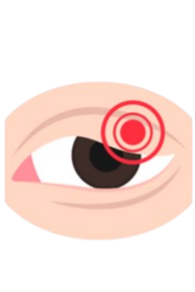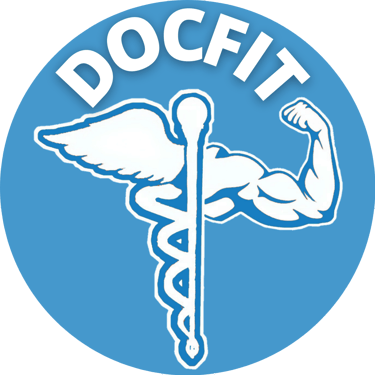

Homeopathy for Myasthenia Gravis
Abstract
Myasthenia Gravis (MG) is a chronic autoimmune neuromuscular disease characterized by fluctuating weakness of voluntary muscles, caused by antibodies blocking or destroying acetylcholine receptors at the neuromuscular junction. Conventional medicine primarily uses acetylcholinesterase inhibitors, corticosteroids, immunosuppressants, plasmapheresis, or thymectomy to manage symptoms. However, these approaches focus on suppression rather than addressing the deeper constitutional and psychosomatic factors. Homeopathy, based on individualized prescriptions, helps improve vitality, reduce muscle fatigue, and enhance quality of life. Integrating German New Medicine (GNM) conflict theory further provides insights into the psycho-biological roots of the disease. This paper explores Myasthenia Gravis through a homeopathic lens — covering disease understanding, case-taking, relevant rubrics, materia medica, and GNM interpretation.
Introduction
Myasthenia Gravis is a relatively rare but serious autoimmune disorder of the neuromuscular junction.
It can occur at any age but most commonly affects women under 40 and men over 60.
Pathogenesis: autoantibodies block or destroy nicotinic acetylcholine receptors, impairing neuromuscular transmission.
Outcome: progressive muscle weakness that worsens with activity (fatigability) and improves with rest. Severe cases may cause respiratory failure (myasthenic crisis).
General Symptoms
Muscle weakness that worsens with exertion and improves with rest
Drooping eyelids (ptosis)
Double vision (diplopia)
Difficulty speaking (dysarthria)
Difficulty swallowing (dysphagia)
Weakness in arms, legs, or neck
Fatigue disproportionate to effort
Shortness of breath in severe cases
Neuro-Psychological Symptoms
Depression and low mood due to chronic illness
Anxiety about sudden weakness or “collapsing”
Fear of choking or breathing difficulty
Irritability and mood swings
Reduced confidence, helplessness
Other Systemic Symptoms
Difficulty chewing or keeping the jaw up
Nasal regurgitation of liquids
Weak neck muscles causing head drop
Sexual dysfunction due to fatigue
GNM Conflicts Related to Myasthenia Gravis
Motor conflict: “I can’t move” / “I am being held back” (loss of control over movement).
Performance conflict: Feeling unable to meet expectations due to weakness.
Fear-of-death conflict: Especially linked to breathing difficulty and risk of suffocation.
Self-devaluation conflict: Belief of not being strong enough to handle responsibilities.
Patients often experience:
Pressure to keep performing despite exhaustion.
Fear of dependency and loss of independence.
Trauma of being unable to speak up, swallow, or breathe freely.
Deep inner conflict between wanting to rest and being forced to keep going.
When unresolved, these conflicts affect the neuromuscular junction, leading to antibody formation and progressive muscular weakness.
Mind Rubrics Relevant to Myasthenia Gravis
Anxiety about health and future
Fear of collapse or death from weakness
Helplessness, feeling of being unable to cope
Grief, ailments from
Fear of suffocation
Weakness of memory and concentration from exhaustion
Aversion to company, yet fear of being left alone
Despair of recovery
Desire for support, consolation, and reassurance
Physical Examination
Ptosis, worsens with sustained upward gaze
Weakness in extraocular muscles (strabismus)
Nasal, slurred speech
Fatigability on repeated effort
Weakness of proximal muscles (shoulder, hip girdle)
Possible enlarged thymus (thymoma in some cases)
